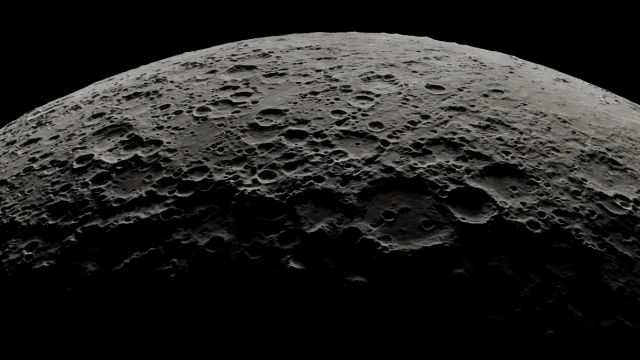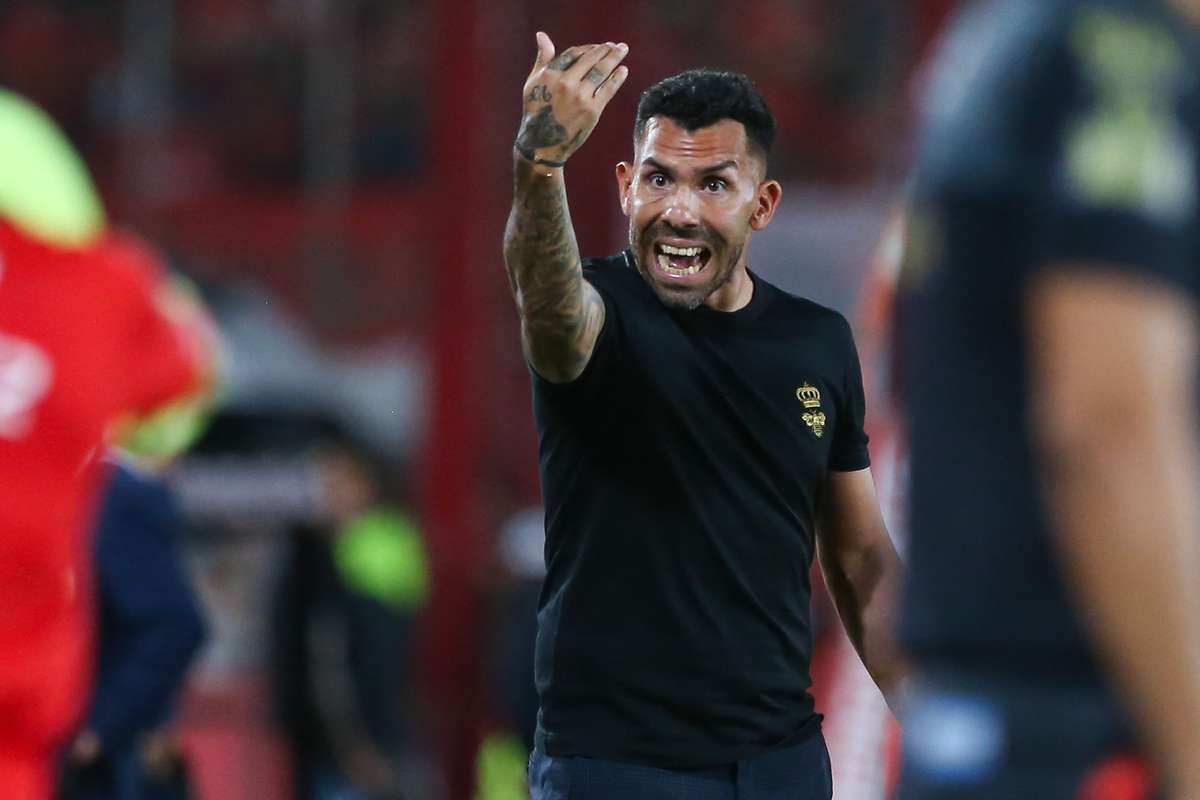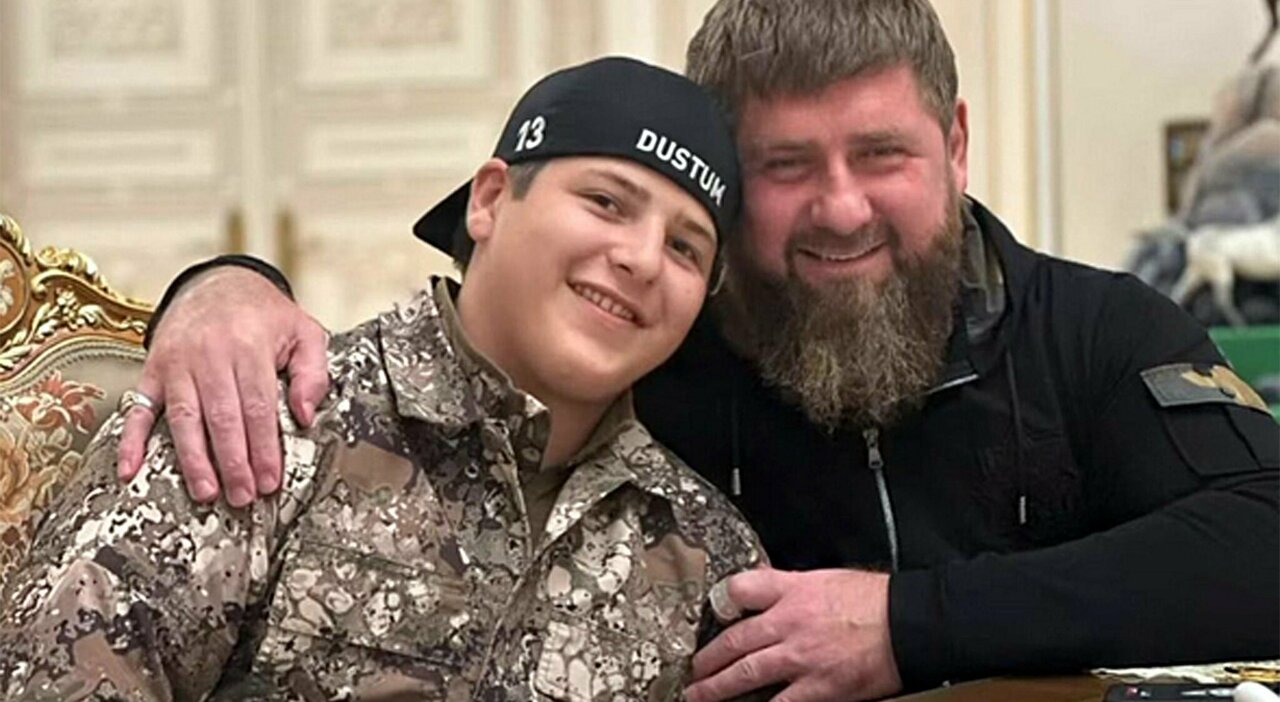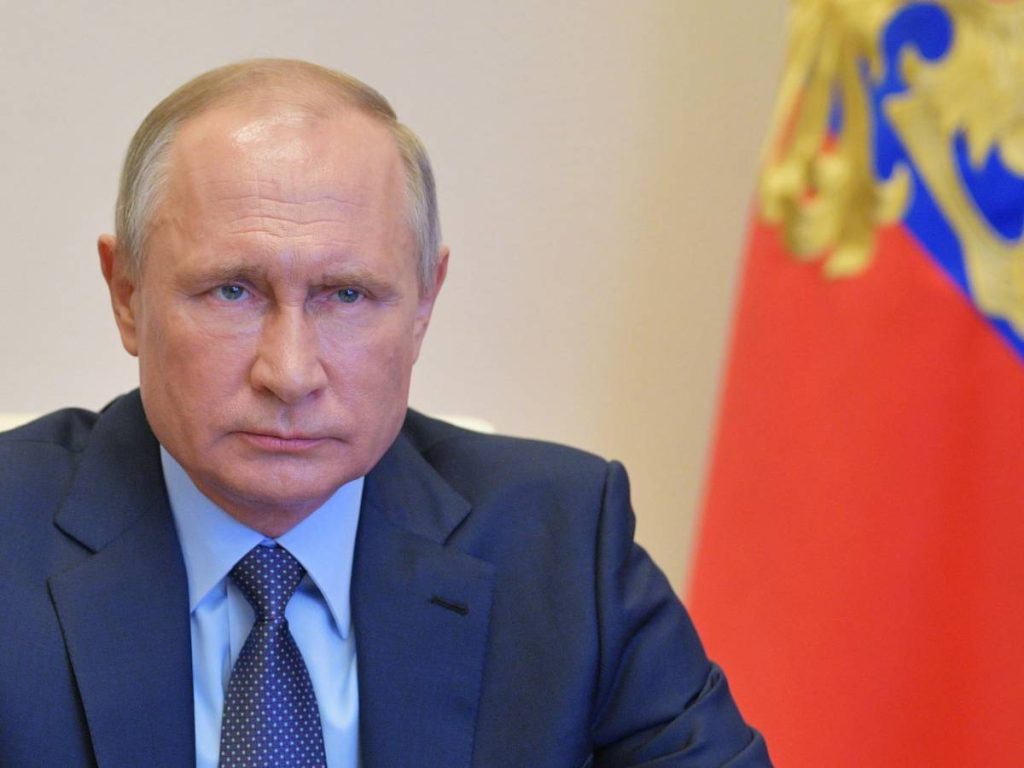Economic threats come from Moscow on several fronts, and a variety of retaliatory measures in response to Western sanctions range from the intention to pay interest on debt in rubles to banning grain exports, to punishing the bankruptcy of companies that foreigners have fled Russia. Soil after the invasion of Ukraine.
The most immediate risk relates to tomorrow’s scheduled payment of a $117 million voucher. With half of its foreign exchange reserves frozen, the Kremlin will likely fail to meet its financial obligations to international investors. It is not surprising that the major rating agencies and the International Monetary Fund openly talk about an imminent default. And it is not surprising that yesterday Russian Finance Minister Anton Siluanov immediately put his cards on the table: “If we see difficulties in implementing this coupon, then tomorrow (to today’s reader) we will prepare a similar payment order in ruble equivalent.” However, a move that would condemn Russia to technical bankruptcy and cause a global financial crisis and a series of failures among institutions, companies and exposed investors. The security in question (and others soon to maturity) were issued prior to 2014, when interest payments were only allowed in the issue currency. The same will happen if, in the first place, it is decided to pay the coupon in yuan, which is destined to become, in Siluanov’s intentions, a reserve currency, replacing the dollar, and tilt the axis towards Beijing. The minister said that the yuan is a reliable reserve currency, and part of the gold and foreign exchange reserves are in this currency. In trade relations with China, we will use a share of gold reserves and currencies, denominated in yuan.”
In theory, Moscow has until mid-April to pay the dues if it decides to take advantage of the 30-day grace period stipulated in the contracts. A month of stalemate during which a peace agreement with Ukraine may have been reached.
However, the impression is that Putin’s men want to impose their hand. Even at the cost of incurring more sanctions, or repeating the experience of the collapse of 1998. With the difference, compared to that time, that international solidarity in the form of assistance from the IMF and major central banks would be missing. But the logic of economic reprisals does not lead to reflection. Thus, Russia also plans to ban the export of wheat, rye, barley and corn until June 30. Moscow exports more than 40 million tons of wheat annually (Italy writes a check for 23.7 billion for supplies), and the freeze in sales will increase prices for stars already touched since the beginning of the conflict by 40%. for high temperature inflation.
For foreign companies that shut down with the outbreak of conflict, bankruptcy proceedings finally loom in 3-6 months. Siluanov was categorical: “We expect the acceleration of the interim administration and the sale of companies.”

“Internet trailblazer. Travelaholic. Passionate social media evangelist. Tv advocate.”






More Stories
Eni increases production in the first quarter of 2024 but gas slows profits
US, Business Activity Worses in April, Inflation Measures Mixed Reuters
Salary bonus, check the amount carefully in May: these days the wage doubles